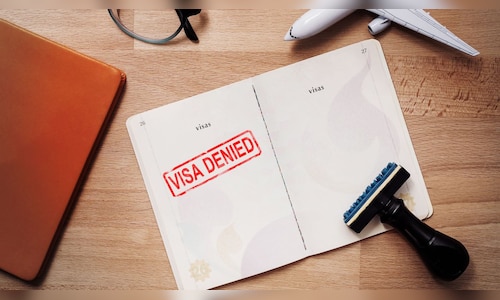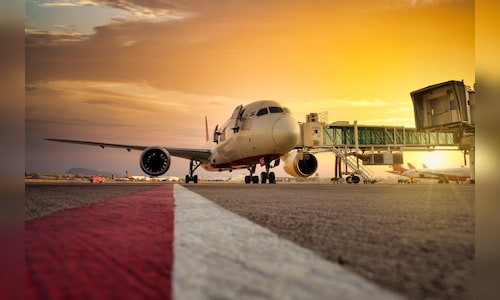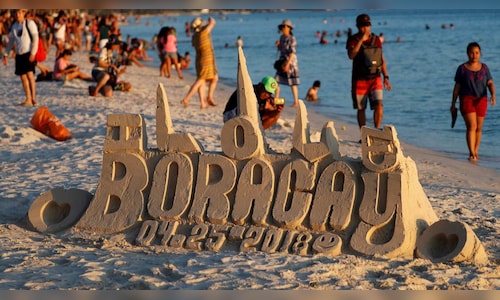Starting on Monday (June 9) at 12:01 am EDT (0401 GMT), Trump’s proclamation will prevent citizens from 12 countries from entering the US. These countries include Afghanistan, Myanmar, Chad, Congo Republic, Equatorial Guinea, Eritrea, Haiti, Iran, Libya, Somalia, Sudan, and Yemen.
Trump deemed the ban necessary for protection against “foreign terrorists,” echoing a similar action from his first term (2017-2021) that restricted travelers from seven Muslim-majority nations.
Iran condemns Washington’s discriminatory action against citizens from various countries seeking entry into the US
The director general for the Department of Iranian Affairs Abroad at Iran’s Foreign Ministry, Alireza Hashemi Raja, vehemently criticized the US government’s recent decision to bar… pic.twitter.com/kyX4EvnI9R
— Foreign Ministry, Islamic Republic of Iran ???????? (@IRIMFA_EN) June 7, 2025
Also read | Nearly all Indians traveling abroad purchase medical insurance; 83% secure against trip disruptions: Report
Meanwhile, the US State Department has directed embassies and consulates to maintain previously issued visas for individuals from the 12 nations included in Trump’s new travel ban, predominantly from Africa and the Middle East.
In a cable addressed to all US diplomatic missions, the department advised that “no action should be taken for visas that have already left the consular section” and “no visas issued prior to the effective date should be revoked in accordance with this proclamation.”
Also read |
Trump’s latest travel ban: Even governments are scrambling to understand its implications
However, visa applicants from the affected countries whose applications are approved but who have yet to receive their visas will face denial, as per the cable signed by Secretary of State Marco Rubio.
Moreover, unless an applicant fulfills limited criteria for exemption from the ban, their application will be rejected starting Monday (June 9).
During Trump’s initial term, a hastily crafted executive order prohibiting entry to citizens of predominantly Muslim countries led to chaos at various airports and entry points, sparking successful legal challenges and significant policy revisions.
The latest proclamation, signed by Trump on Wednesday, seems aimed at preempting any court challenges by concentrating on the visa application process.
According to Rubio’s cable, only individuals who are currently outside the United States without a valid visa on the effective date should be denied entry.
Despite Rubio’s guidance, the actual process of entering the United States at a port of entry is not governed by the State Department. The determination of whether a visa holder is admitted or turned away is at the discretion of the Department of Homeland Security and individual Customs and Border Patrol agents.
(With inputs from agencies)

















